The Nigerian Ports Authority (NPA) has recorded an increase in exports from its operations in the first half of 2023.
This was disclosed by the NPA Managing Director/CEO, Mr Mohammed Bello Koko, at the 2023 Zenith Bank International Trade Seminar in Lagos, on Tuesday.
Featuring in a panel discussion on the export of non-oil products, Bello Koko disclosed that in 2019, the ports recorded about 2.8 million metric tonnes of export, in 2020 it increased to 3.8 million metric tonnes.
“By 2021, it was 3.79 million metric tonnes, by 2022 over 5.1 million metric tonnes and half year now we have already recorded about 3.5 million metric tonnes,” Persecondnews quotes him as saying.
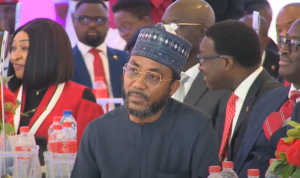
According to the NPA boss, the collaboration with the Nigeria Customs Service helped the NPA in achieving the feat as he expressed optimism that the agency will achieve more than it got in previous years.
He said: “NPA’s responsibility is to handle the logistics issue as relates to the delivery of cargos to ports, reviewing the cargos and also ensuring that it is loaded for the voyage.
“We encouraged the terminal operators to create hinterland aggregation points and dedicated spaces for export within the port terminals, but also we need to realise that the ports are very small and therefore there are capacity issues.
“So what we did was to create export processing terminals and the export processing terminals are one-stop shops where you consolidate, test, weigh, barand and pack it and then go straight into the ports.
“What the customs did for us is to create an export command. This means there are individuals responsible for all export problems that you can relate with.
“This effort has really yielded results as we have recorded high exports. In 2019, the ports recorded about 2.8 million metric tonnes of export; in 2020 it increased to 3.8 million metric tonnes.
“By 2021 it was 3.79 million metric tonnes, by 2022 over 5.1 million metric tonnes, and a half year now we have already recorded about 3.5 million metric tonnes.
“Don’t forget that shipping activities actually pick from the middle of the year, so you can perceive that we are going to achieve more than what we got last year.”

Persecondnews recalls that Belllo-Koko, early this year, had said the NPA was working with the Nigeria Customs Service and other government agencies to alleviate the plight of importers by improving port efficiency and facilitating trade at the nation’s seaports.
He noted that the responsibility of the NPA is to facilitate trade, and that can be achieved through improving ports efficiency.
“We are working with other government agencies such as Customs, Shippers’ Council, and NIMASA to ensure that imports and exports are cleared out of the port faster.
“We need the Customs to reduce the time it takes to scan and inspect cargo because the faster it takes, the earlier the importer takes his goods,” Bello Koko said.
Meanwhile, Nigeria’s Zenith Bank has signed a Memorandum of Understanding (MoU) with the African Continental Free Trade Area (AfCFTA) to build a smart portal for trade on the continent.
Zenith is to fund the single portal for trade information in Africa with $1 million.
The MoU which was signed by the Group CEO of Zenith Bank, Dr. Ebenezer Onyeagwu and the Secretary-General of the AfCFTA, Wamkele Mene.
According to the Secretary-General of the AfCFTA Secretariat, the SMARTAfCFTA portal is an initiative of the bank to digitalise trade, adding that it is very important to stop relying on Europe’s imports to feed.
He said: “African countries need to be self-reliant and be able to cater to all their needs alone in case of a war or pandemic.
“This is even more so at the height of global economic shocks and inflationary pressure. 55 African countries contribute 3.1 Percent to global GDP and 2.1 percent to global trading.
“Yet Singapore singlehandedly contributes over 6 percent to global trade and output. This deficit is an opportunity for Africa to accelerate competitiveness.”

He expressed confidence that the financial support by Zenith Bank will improve trade, while opening up the digital economy, especially in financial services.
According to him, the continent imported $16 billion pharmaceutical products in 2019; this overreliance on foreign economies would stop once this portal is developed.
Explaining the capabilities of the portal and how it will impact trade in Africa, the Zenith Bank Group CEO, Onyeagwu, said: “With the MoU, Zenith will be developing the smart AfCFTA portal which is going to serve as a straight Porter that will showcase African products and services and where they can be found.
“With the development of this portal, one of the capabilities we are going to build in there is that you can see it in every part of Africa and market your products and services. You can see it in every part of Africa and identify whatever products and services you require that are in Africa.
“If you look at Q1 exports in Nigeria, you will realize that 46.43% of non-oil exports in Nigeria go to Europe, 24.85% go to Asia, America 18.39%, and Africa 10.27%.”












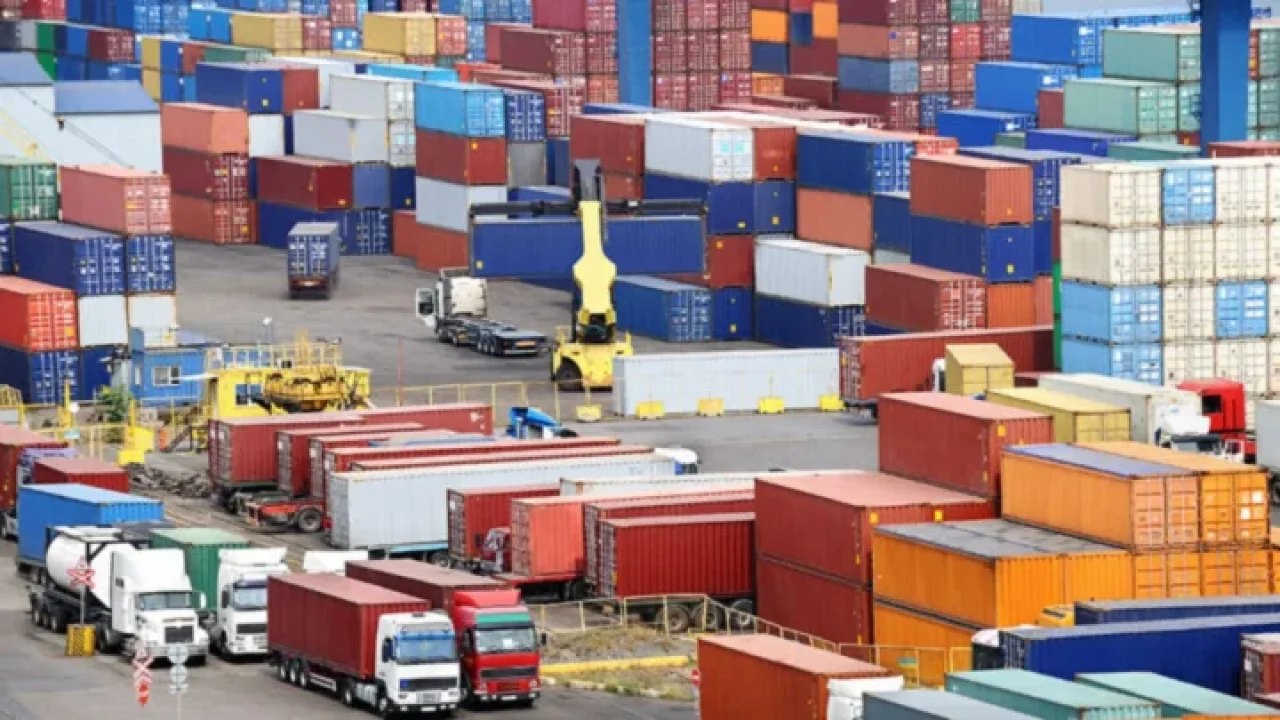






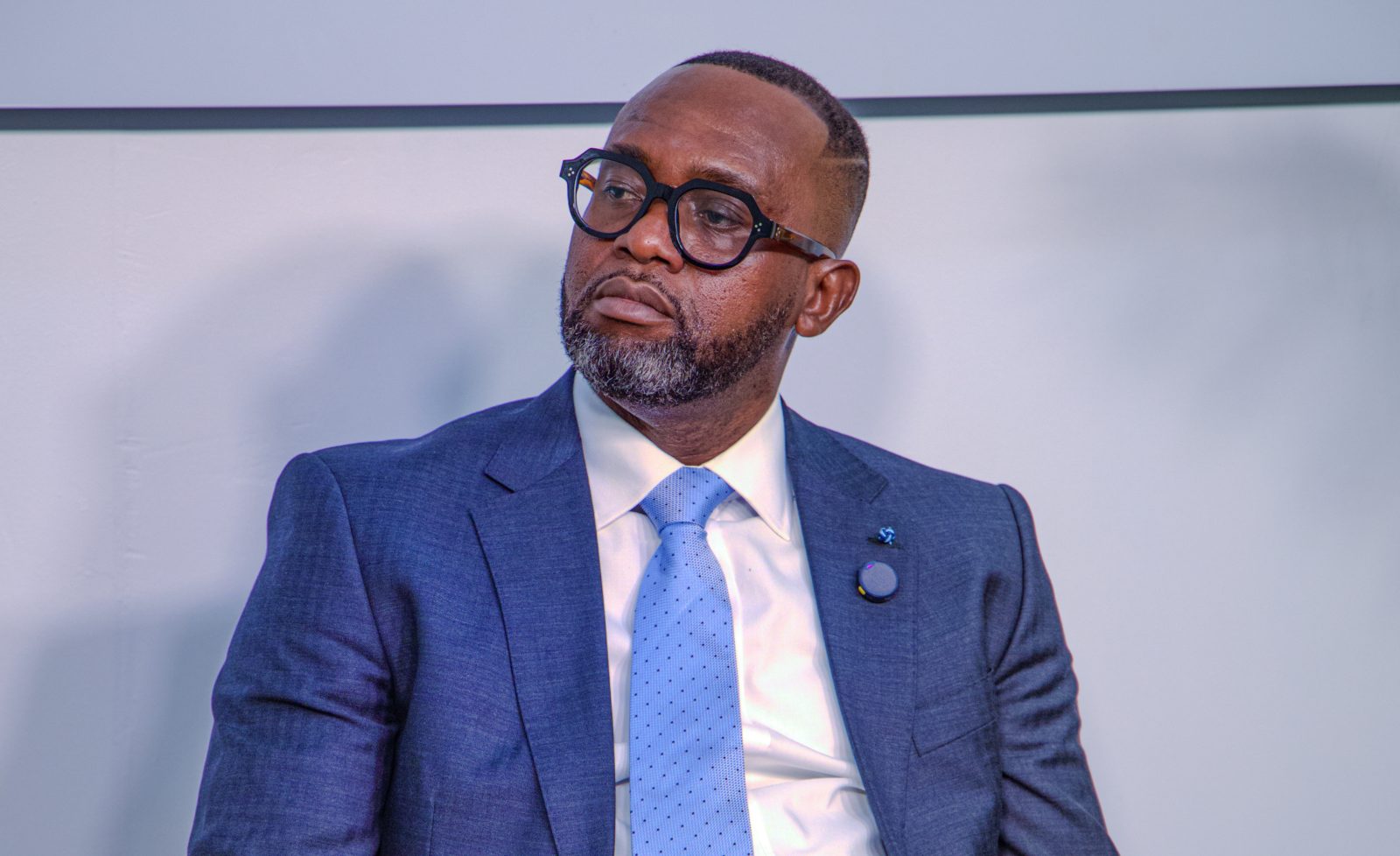
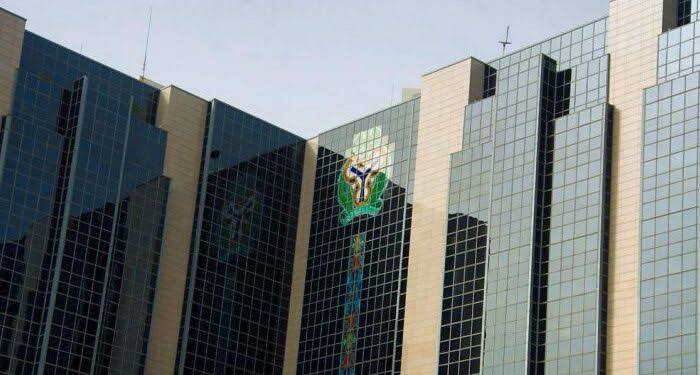
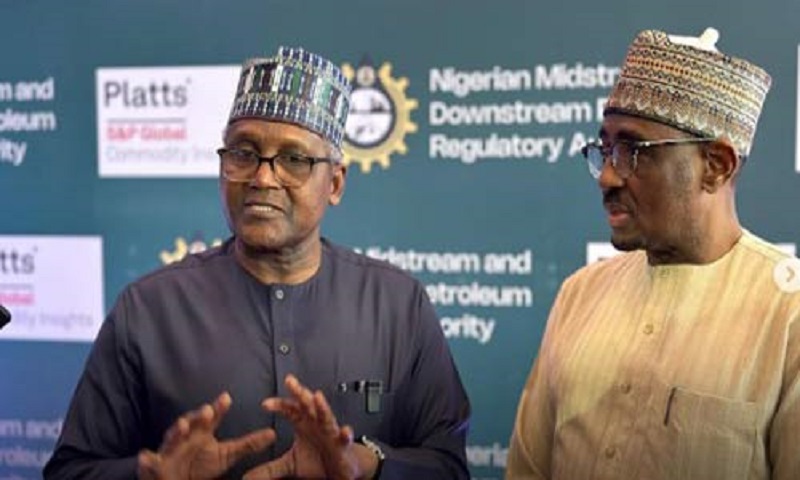


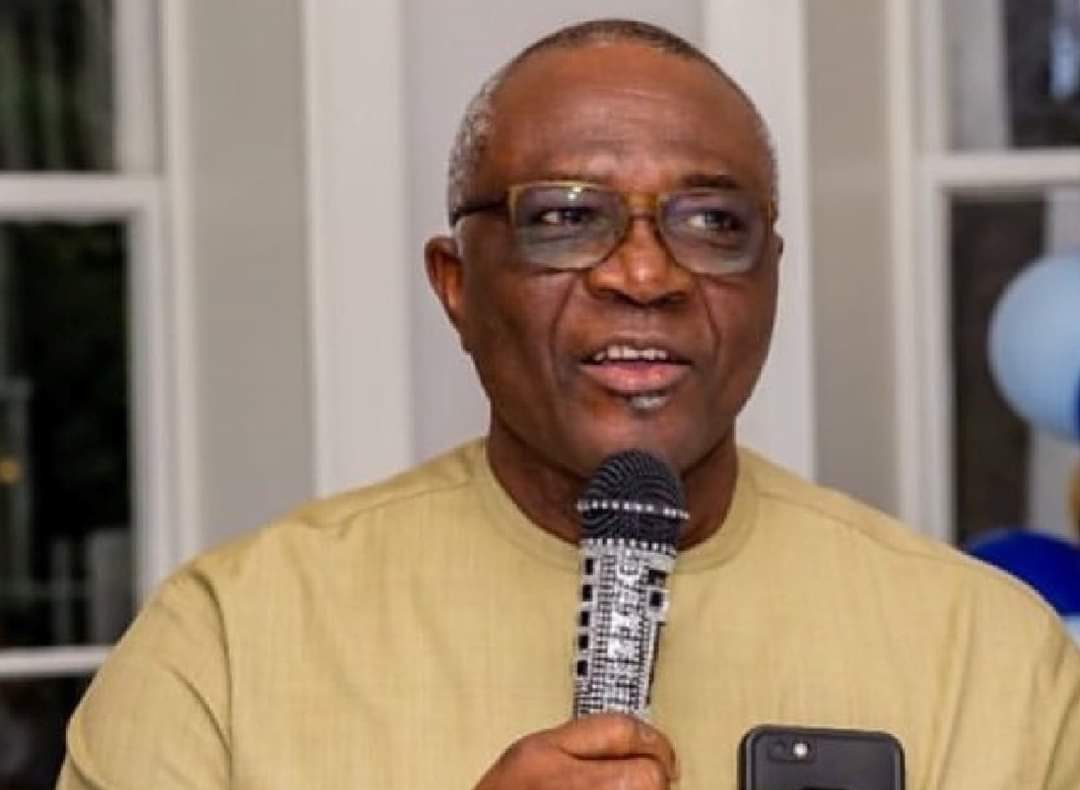
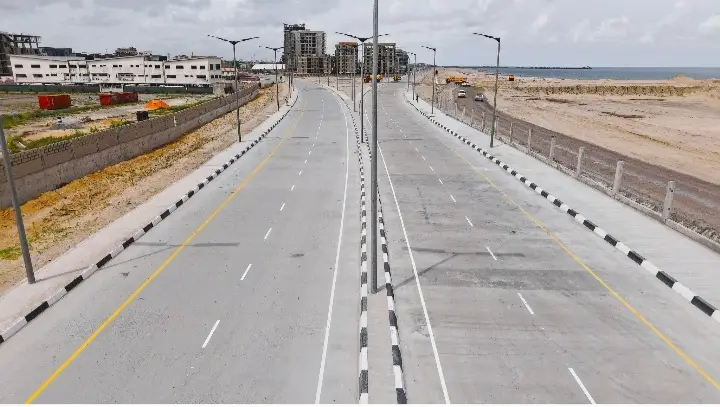











Leave a comment